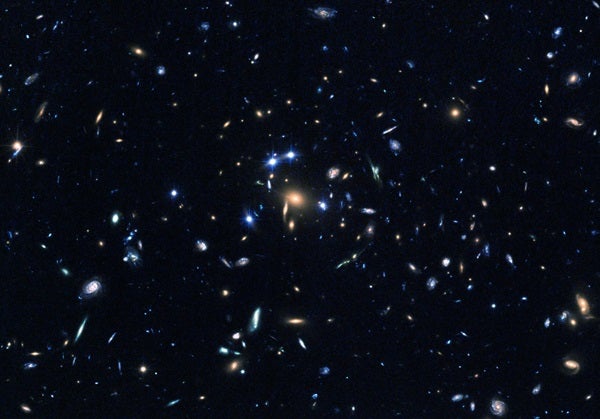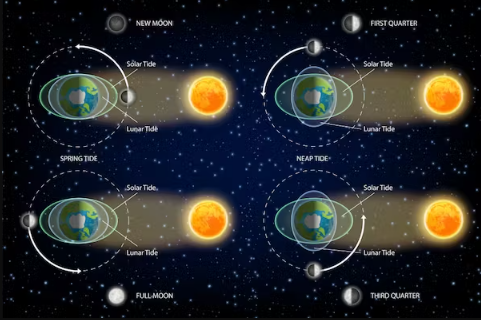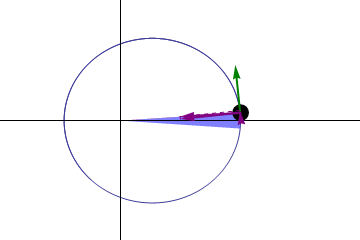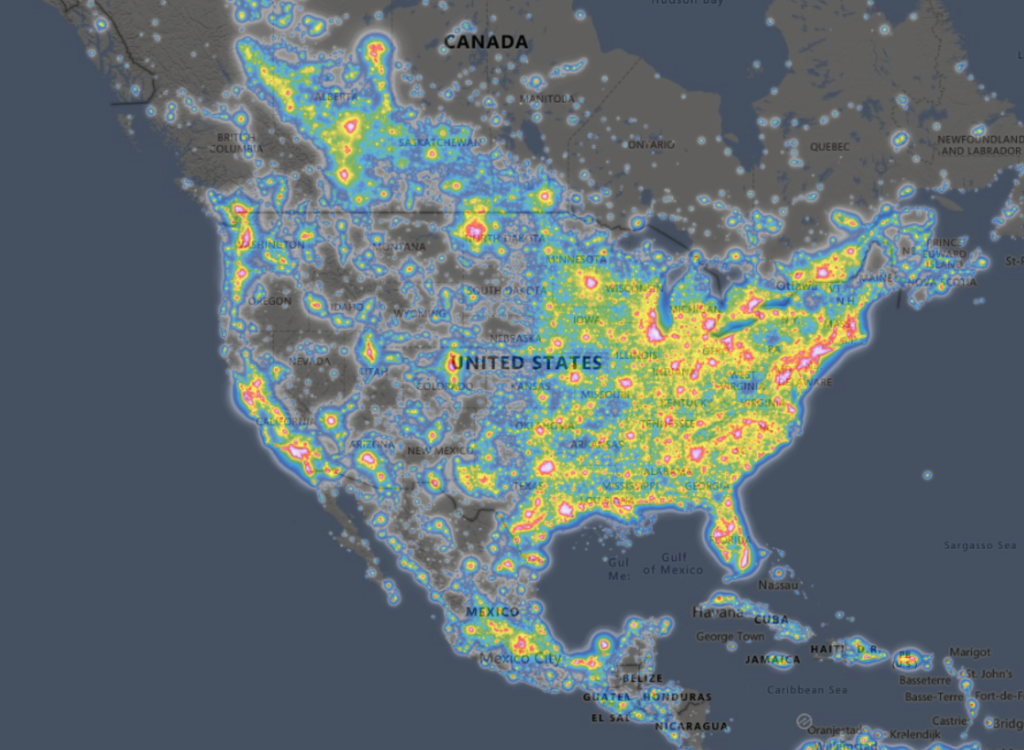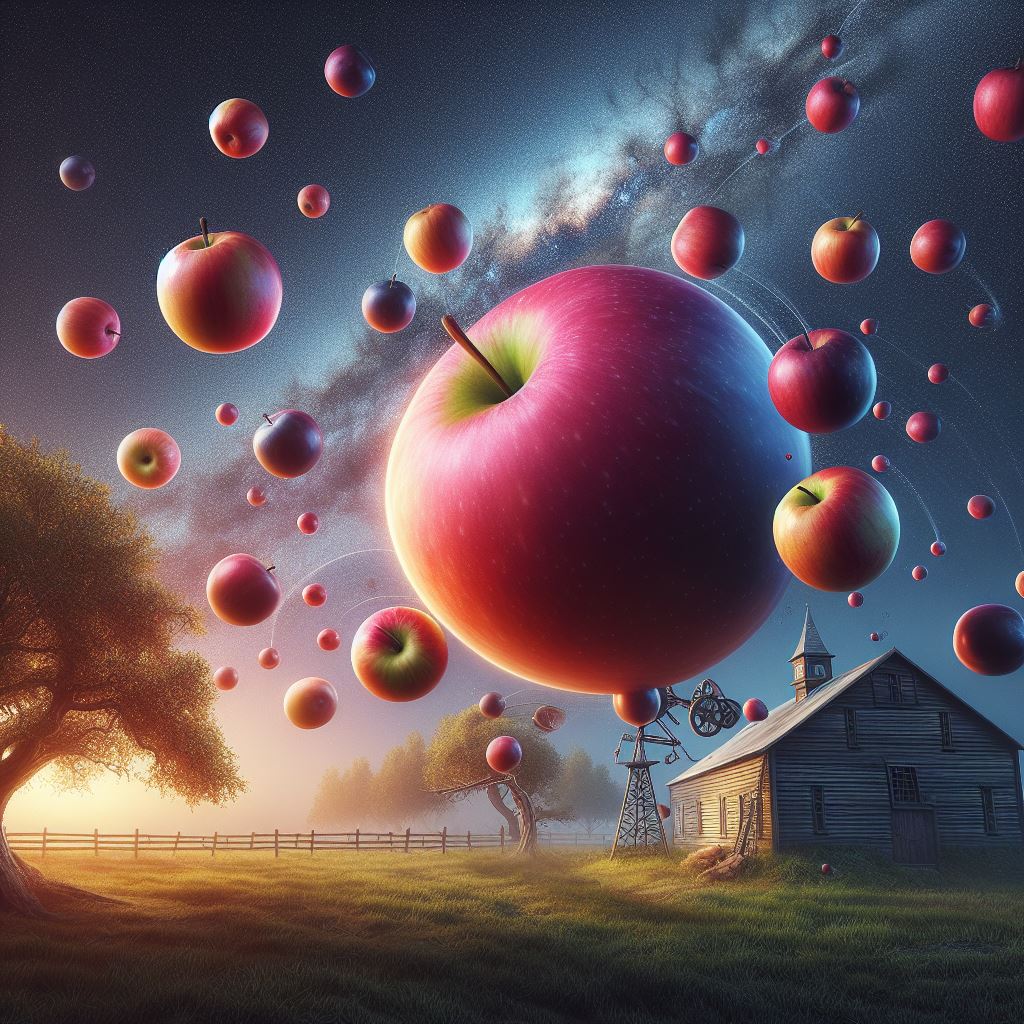
by me
The idea of gravity, the fundamental force that controls how objects move in the universe, is both intriguing and mysterious. Gravity is a force that pulls objects toward each other; it controls everything from an apple falling from a tree to a planet’s orbit around a star. It’s a force that operates over vast amounts of space in a mysterious way, and it’s so strong that it keeps us grounded on Earth at an acceleration of 9.8 meters per second squared. Understanding gravity’s qualities has long been a goal of science, from how it shapes the universe to how it affects quantum physics’ tiniest particles. Even though we’ve made great strides toward solving its mysteries, like with Einstein’s theory of general relativity, there’s still much that we don’t know.
One cool thing I’ve always wondered is if we can make an anti-gravity device that we see in movies. When the device is activated, it eliminates gravity in a certain area. This would be amazing and groundbreaking if such a device were to be created, but it might be a while before we see anything like it. However, if we keep working towards understanding gravity’s qualities, maybe something like the anti-gravity device can be made. We just have to wait and see.
As we continue to push the boundaries of our understanding, unlocking the mysteries of gravity could help us to discover revolutionary advances in space exploration, time travel, or our understanding of the universe itself.
And probably cool toys like anti-gravity.



